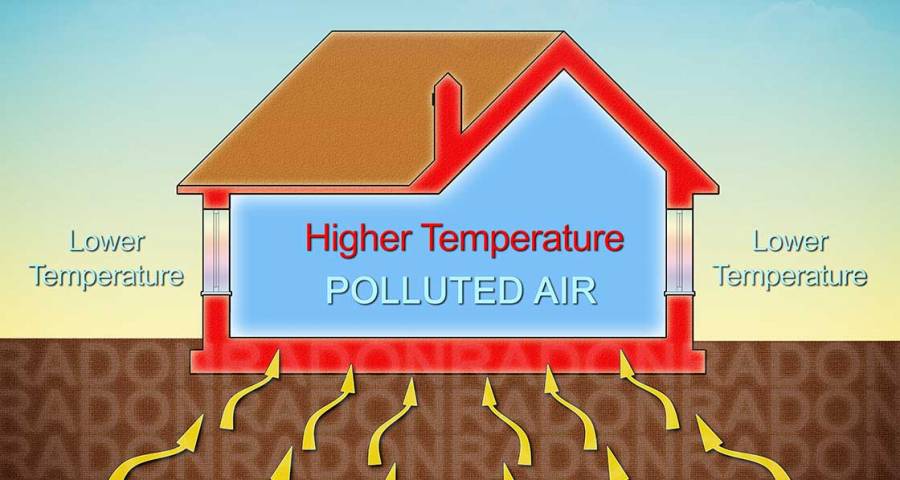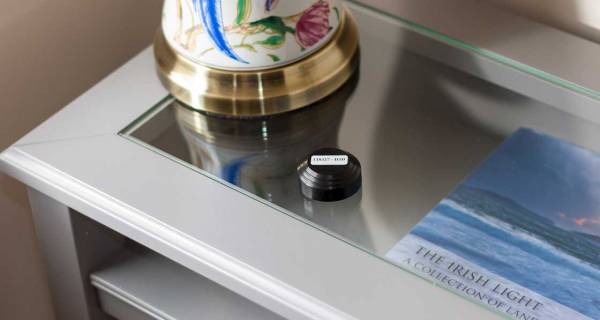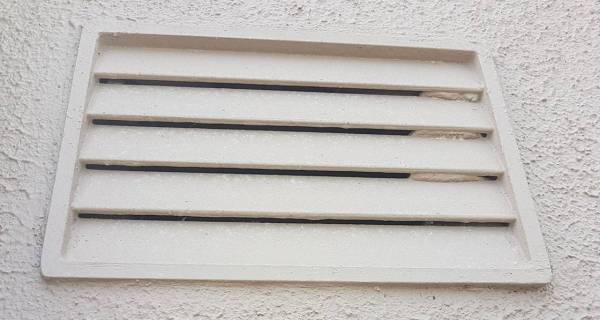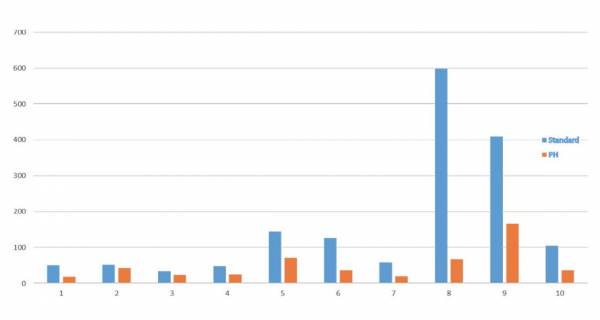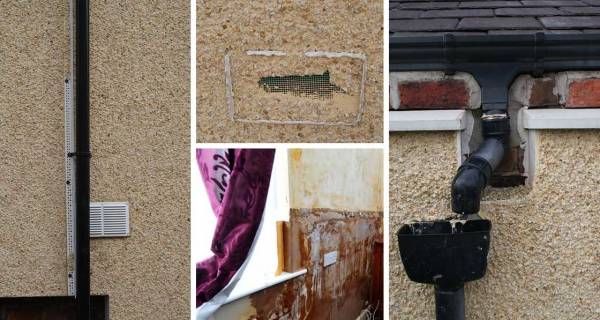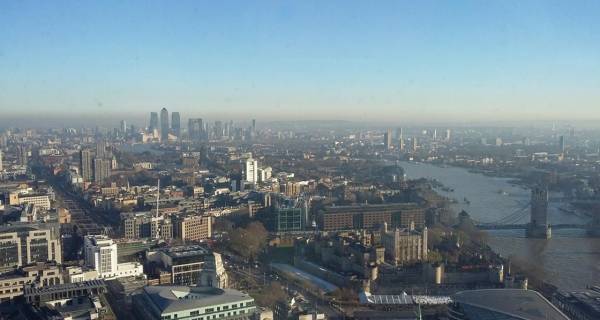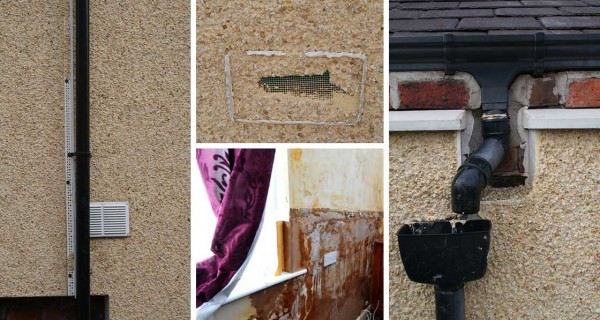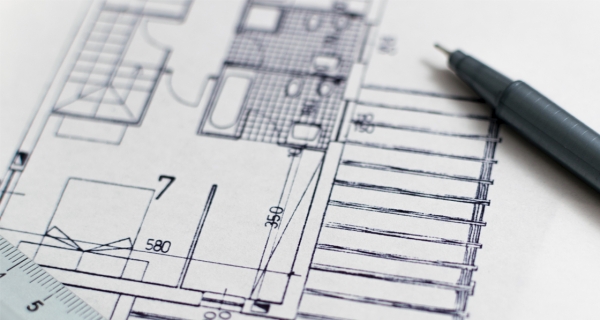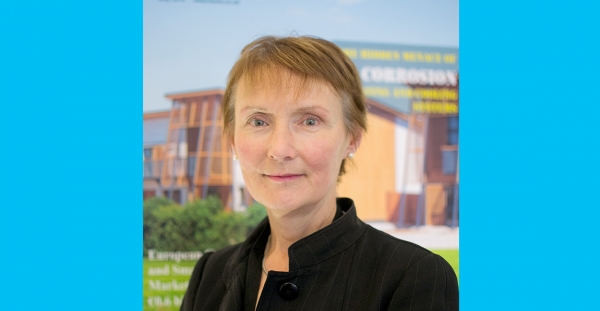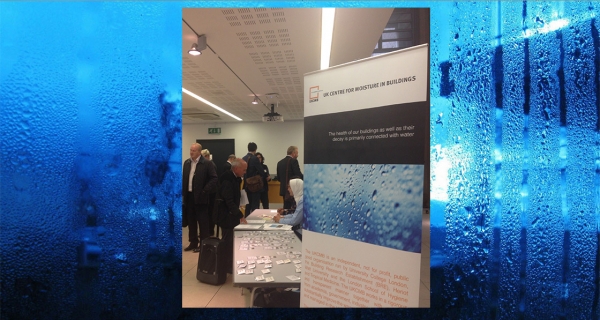Poorly ventilated retrofits can double radon retrofit risk, study finds
Residential retrofits must ensure ventilation is carefully considered in order to avoid an increase in radon gas levels, researchers at NUI Galway in Ireland have found.
Landmark case may empower tenants on radon
A landmark legal case may give tenants the chance to discover if their building poses a lung cancer risk, Passive House Plus can exclusively reveal.
100 Irish households sought for indoor air quality study
Researchers from the School of Physics at NUI Galway are seeking to recruit 100 households to measure indoor environmental air quality within Irish homes that have been built to be highly energy efficient, by deploying remote sensors within the homes.
Passive homes may have lower radon levels — study
Initial findings into radon levels in 75 certified passive house buildings in Ireland and the UK shows that there is a 60% reduction when compared against the Irish national average.
Disastrous Preston retrofits make national headlines
The revelations in Passive House Plus issue 24 about failed external insulation retrofits in the Fishwick area of Preston have been followed up by UK national media, putting pressure on Ofgem, the electricity and gas regulator, to make more effort to help those affected.
New research finds air pollution particles in human placentas
Disastrous Preston retrofit scheme remains unresolved
A disastrous failed external insulation contract run under a government energy saving scheme has affected up to 390 homes in Preston with water penetration, mould and damp.
Architectural education must focus on occupant well-being — UCD lecturer
The co-ordinator of a sustainability focused architectural masters programme in University College Dublin believes that education in building design needs to focus more on the health and well-being of building occupants, as well as the numbers-driven approach of energy efficiency and resource conservation.
Researchers find toxic particles from air pollution in human brain
Leading construction testing and research organisation BSRIA has announced that it is concerned with recent findings that toxic nanoparticles from air pollution have been discovered in human brains in “abundant quantities”.
UK Centre for Moisture in Buildings launched at UCL
An initiative aiming to increase knowledge and understanding of the issues moisture can cause in buildings old and new, was launched in London on 26 May. The UK Centre for Moisture in Buildings (UKCMB), backed by University College London and other academic institutions plus the BRE, plans an ambitious programme of research, public engagement, policy work and training to improve moisture safety.

